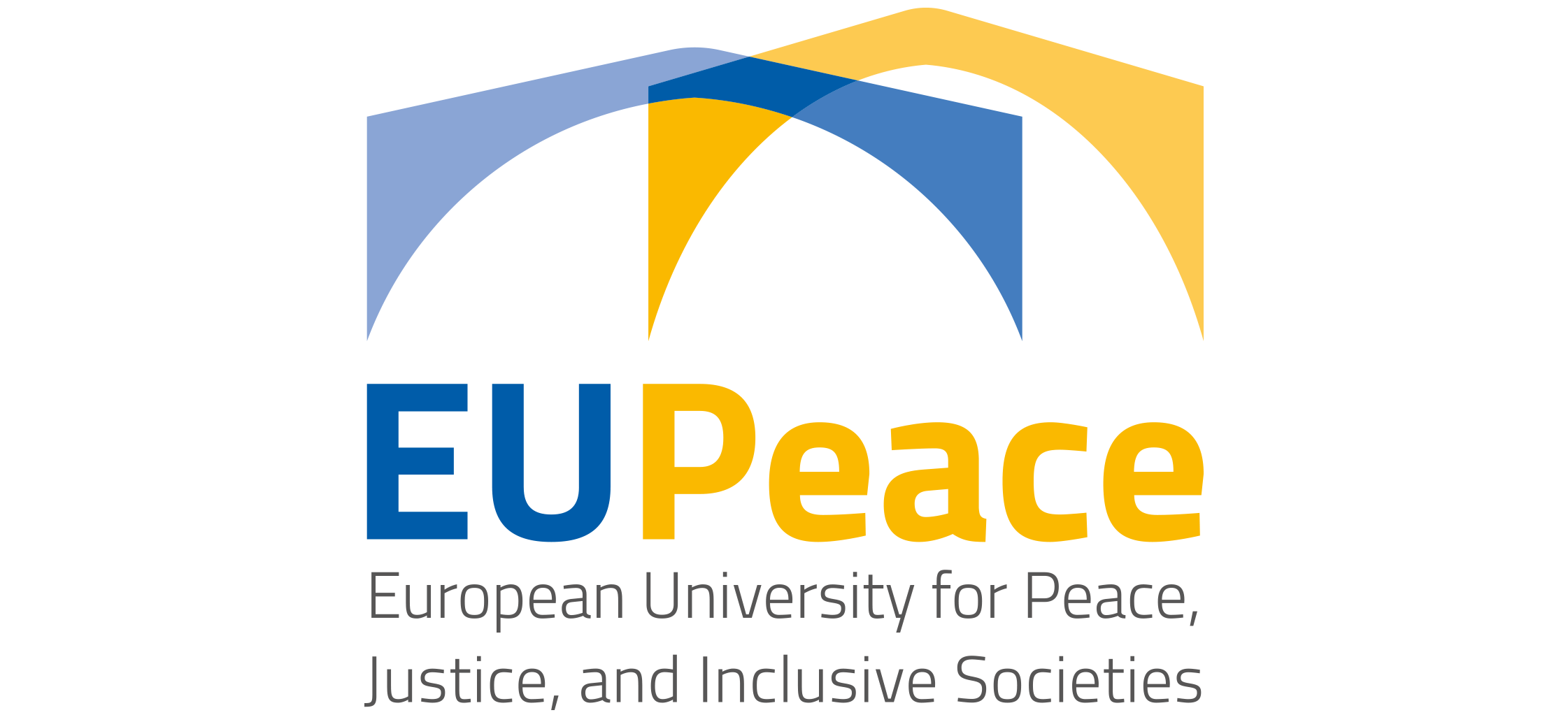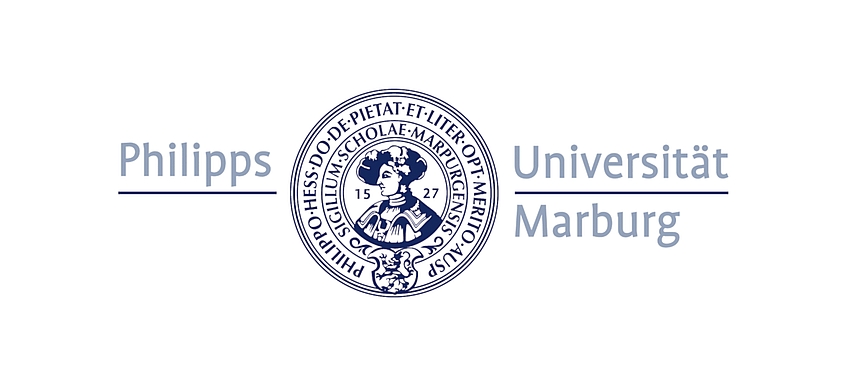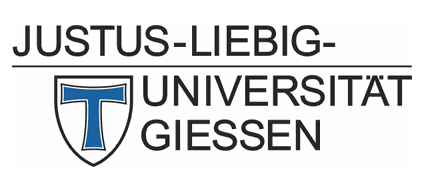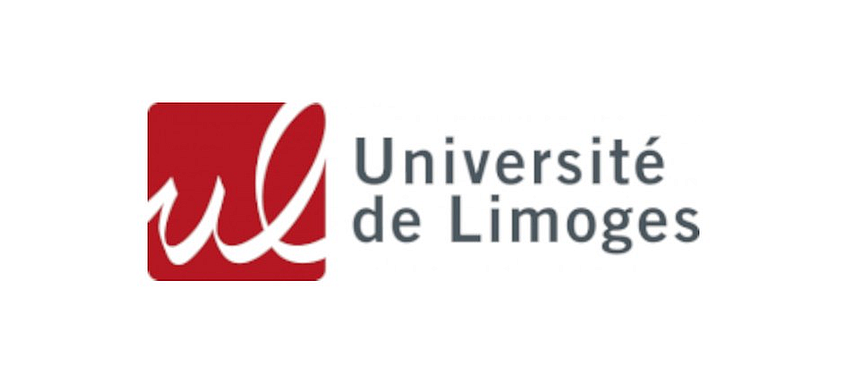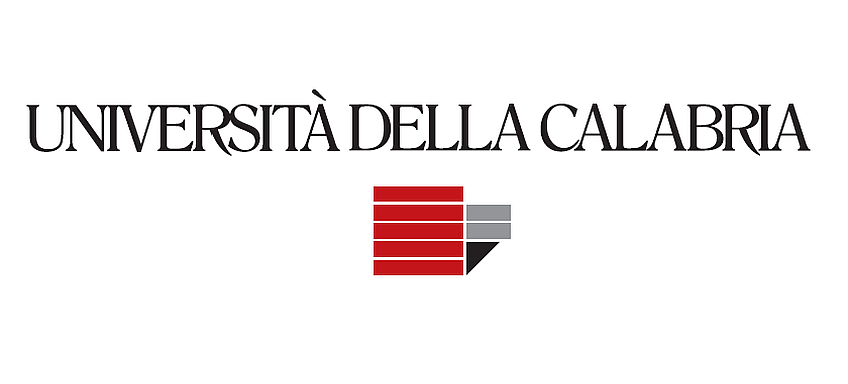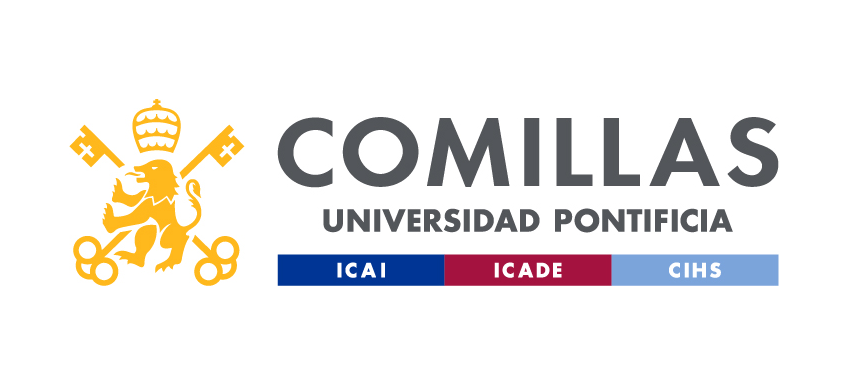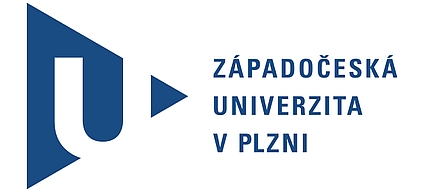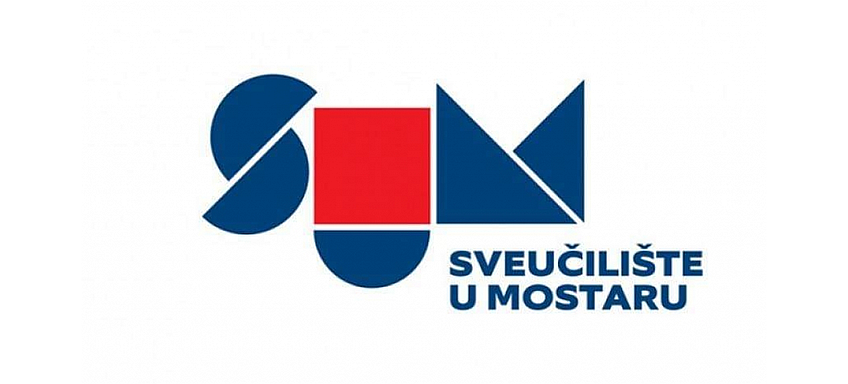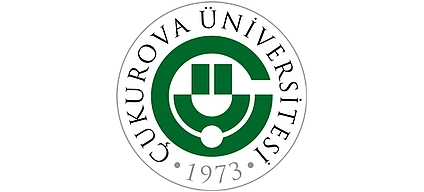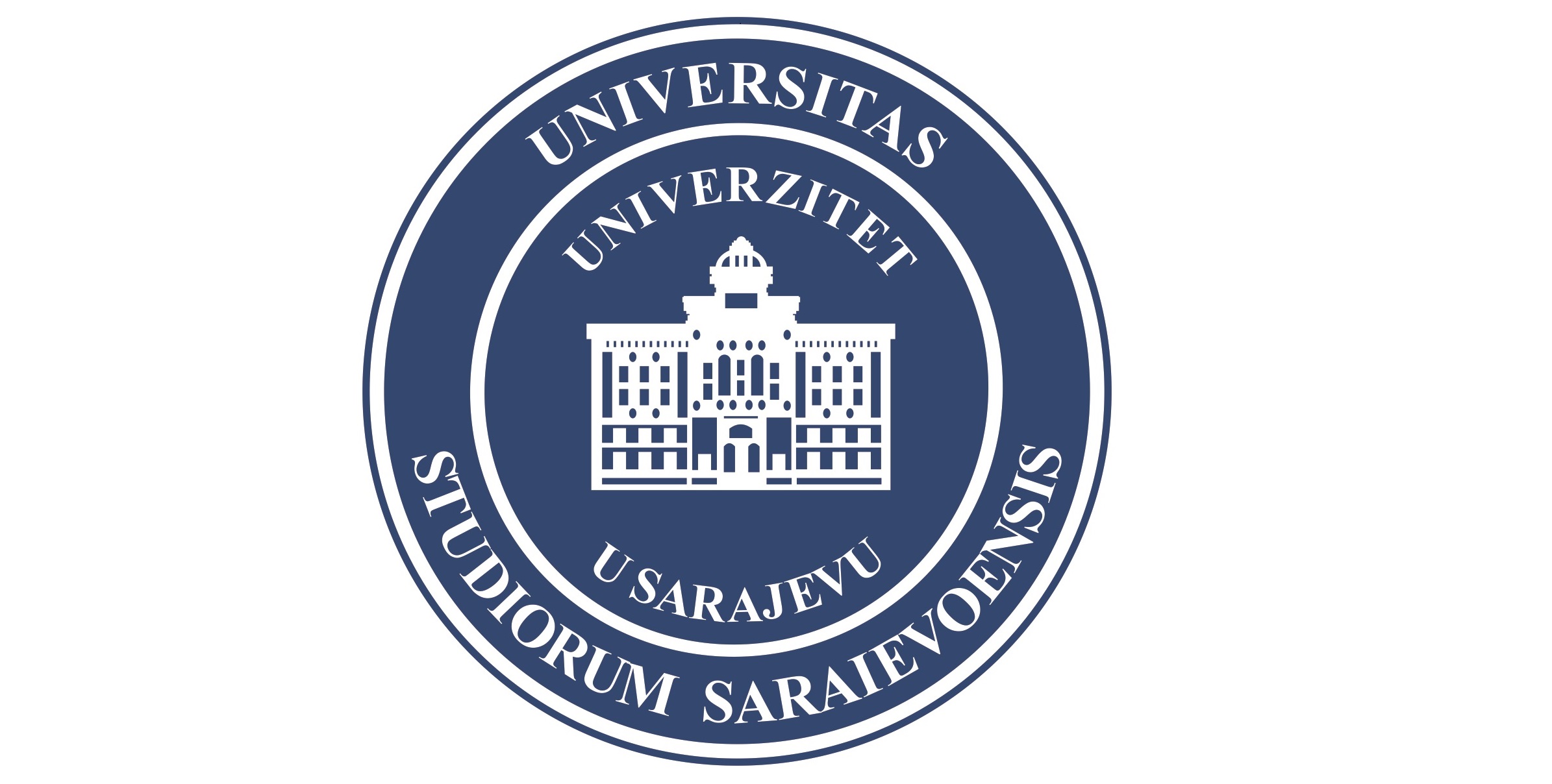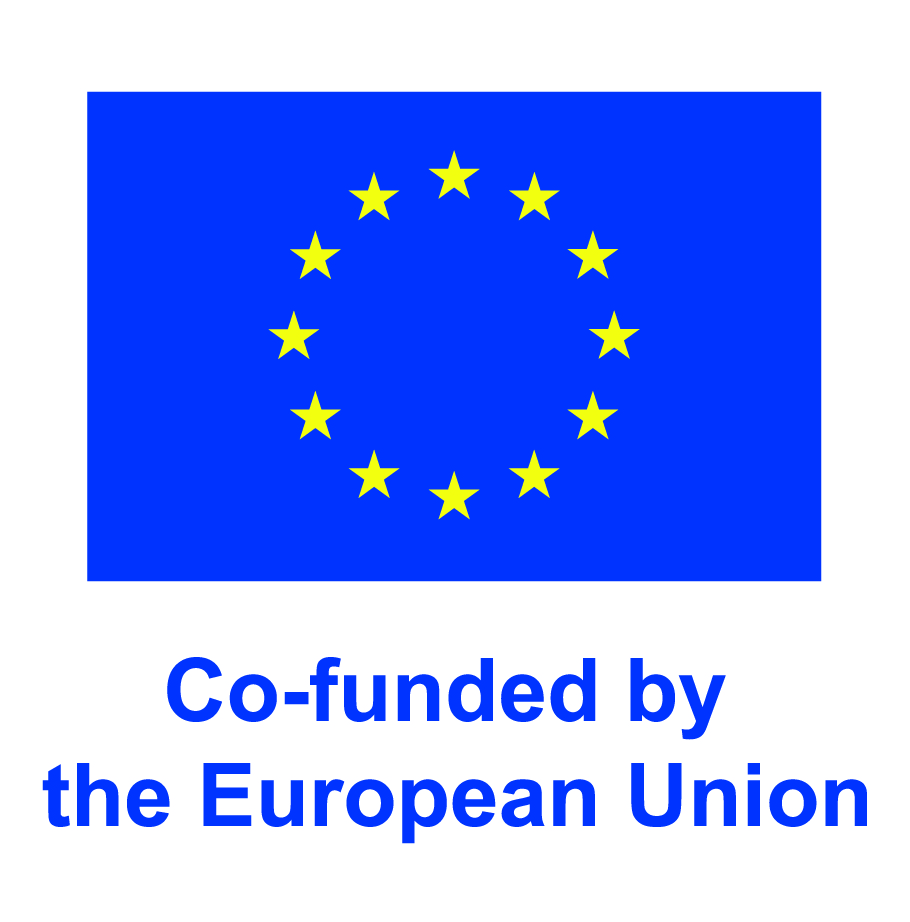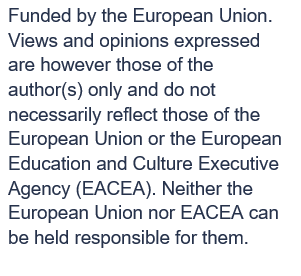main content
Research Hub Migration and Human Rights Research Seminar
Veranstaltungsdaten
13. December 2024 09:30 – 13. December 2024 14:00
Download event (.ics)
Online
As a group from the University of Calabria, we envisioned organizing this presentation day for our studies and research activities along a circular path around the themes of migration. We hope that the multidisciplinary nature inherent in the diverse scientific approaches of our members can be seen as closely linked to the epistemological necessity of interpreting migration processes as part of the broader growth in the complexity of problems arising from globalization. Globalization, in this sense, is understood as the ensemble of cultural and structural changes occurring on a global scale.
We begin by focusing on the natural and anthropogenic changes that are altering environmental and social relationships within increasingly vast areas of the planet . This serves as our starting point for exploring their nature and scope. The contributions of environmental sciences provide a valuable interpretative lens. We then delve into certain aspects specifically related to the Anthropocene, examining how changes in social relationships emerge at the level of local communities. This perspective offers a possible framework for understanding the origins of migration flows and the ways in which they develop their own projects and trajectories, shaped by the subjectivities they mobilize, from points of departure to destinations. The subsequent challenge lies in situating migration flows within the internal dynamics of the destination locations, analysing the institutional level and the reactions within receiving communities. These reactions are intertwined with the complex constraints linked to processes of social recognition and the reconfiguration of dimensions associated with rights, as well as the need to reshape institutional structures at both national and European levels, In line with the shifting dynamics of migration flows and the impact of digital policy on the socio-economic dimension of migrant workers.
The forms of integration between populations in constant movement underscore the necessity of designing intervention strategies that foster development in both destination locations and countries of origin. These strategies are viewed as opportunities to recognize that global phenomena exhibit circular properties, often accompanied by significant feedback effects. Starting from the different but interconnected research experiences of the participants, UNICAL proposes the following structure of the seminar:
- Specification of research activities in research centers and use of sustainable technologies as a response to the needs imposed by environmental transformations
- Identification and critical analysis of categories and processes (community, place identity, traditional knowledge, transitions) generated by migration processes following environmental transformations and catastrophes.
- Complex dynamics of globalization, with a particular emphasis on how ethnic prejudice, discrimination, and racism
- Migrants with forced migrations background and transnationalism: focus on religion and family ties
- Legal aspects of the migration process with a focus on the human rights (related to the legal status and economic fundamental rights);
- Case studies....
Main Topics
- Human rights and migration processes
- Research teams and laboratories (SILA, CATI, CAPIRE)
- Community, education and human mobility
- Anthropocene/Capitalocene Era and transitions
- Social aspects of migration process
- Ethnic Prejudice, Discrimination, and Racism.
- Political Manipulation and Weaknesses in Social Regulation
- Legal aspects of migration process related to economic initiative and access to work
- Digitalisation and forecasting migration flows
- Origin context and solidal economy
- Case studies
Proposed Sessions:
9:30 -11:30
Vincenza Calabrò –Technological adaption/mitigation to environmental impacts and migrations
Lucia Groe - Transitions in the Anthropocene/Capitalocene Era. Research Results and Perspectives.
Mario Coscarello - Fostering inclusion and sustainability through innovation and collaboration
Claudio Di Maio - Digitalisation and Migrants: Managing Flows, Economic Rights, and New Pathways for Integration
Anna Elia - Research with focus on refugees in the reception system in Calabria
Walter Greco - Racism, Prejudice, and Ethnic Discrimination: the impact of Migration Flows on Host Societies
11:30 -12:00 (CET) BREAK
12:00-14:00 (CET) CONCEPTUAL EXCHANGE WITH THE MEMBERS
Conclusions:
Unical proposes to discuss the question: What tools, good examples and opportunities can be observed, described or proposed while engaging with migration processes?
The Microsoft teams link to join the seminar can be found here.
Event Organizer
University of Calabria
